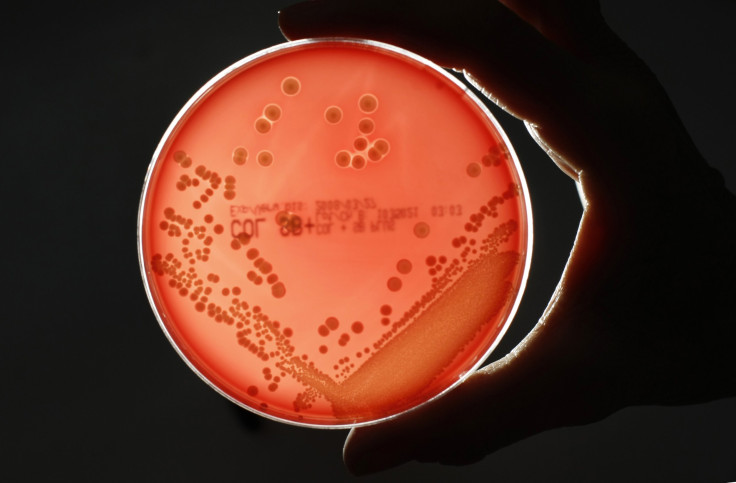Some Antibiotics Worsen MRSA Infection Instead Of Killing The Bug

Nothing could be worse than an antibiotic which exaggerates an infection instead of killing its root cause. A new study suggests that the same might be happening in case of methicillin resistant Staphylococcus aureus (MRSA) bugs.
MRSA infection is often treated with a combination of two or more antibiotics. According to a study conducted by researchers at the Cedars-Sinai Medical Center in Los Angeles, using wrong antibiotic for treatment can make an MRSA infection worse rather than killing the superbug.
The scientists say that using a common class of drugs called beta-lactam antibiotics can elicit an immune response that could generate harmful inflammation in the body. Beta-lactam antibiotics work by damaging the bacterial cell walls. This class of drug contains a wide range of medicines, including penicillin derivatives.
During the study, researchers injected a high dosage of MRSA bacteria into mice to produce an infection in the organism, The infected mice were then treated with beta-lactam antibiotics. The researchers found that instead of killing the bacteria, the antibiotic further sickened the mice.
"Our findings underscore the urgent need to improve awareness of MRSA and rapidly diagnose these infections to avoid prescribing antibiotics that could put patients' lives at risk," said lead researcher Dr. George Liu, in a statement.
More than 80,000 people are diagnosed from MRSA infections in a year. In addition, it results in the death of more than 11,000 people around the world each year. MRSA is an antibiotic-resistant form of “staph infection” caused by Staphylococcus aureus.
The complete details of the study involving mice have been published in the journal Cell Host & Microbe. The researchers said that further trial involving humans is required to verify the study results.
© Copyright IBTimes 2025. All rights reserved.




















